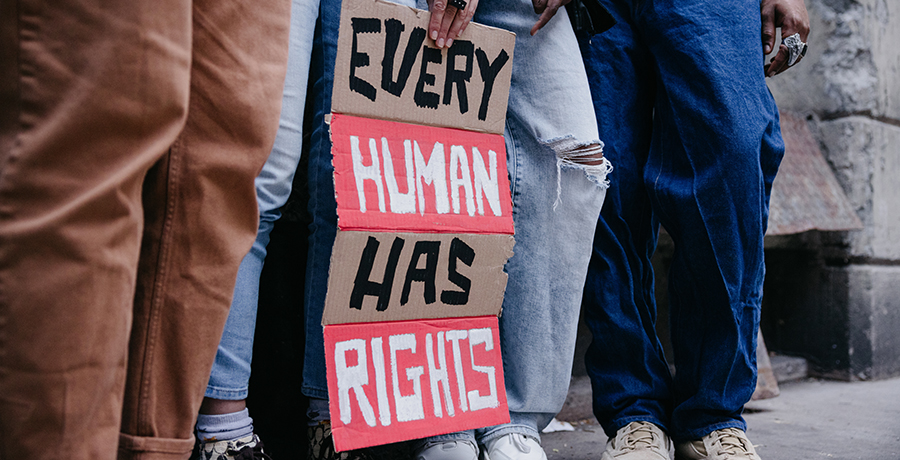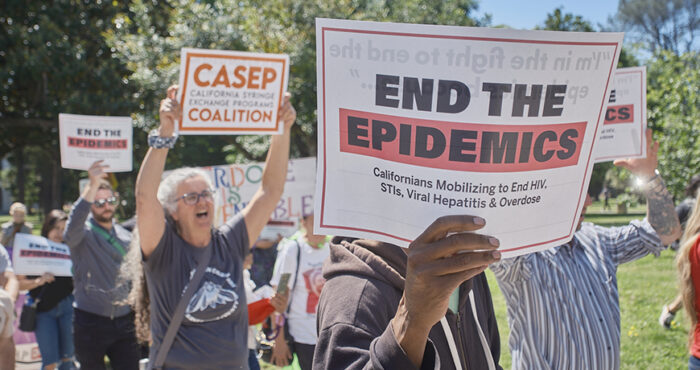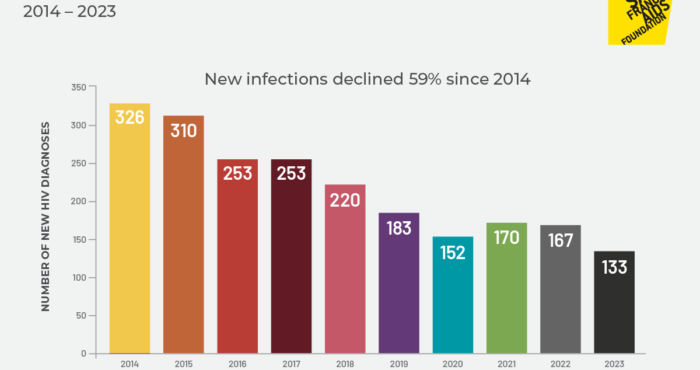HIV criminalization and “aggravated prostitution”–what’s the harm?

Last month, a dramatic headline about HIV grabbed my attention. I won’t repeat it here, due to the stigmatizing way it pandered to readers seeking sensational news. But the gist of it was that an HIV-positive woman engaging in sex work in the middle U.S. had been charged with a felony for not disclosing her HIV status.
California has repealed its HIV criminalization laws, but there are still 30 U.S. states with so-called HIV criminalization laws on the books.
The charge of “aggravated prostitution” is one example of how HIV becomes criminalized. Essentially, the underlying fact of a person’s HIV status can be wielded as an instrument of criminalization to enhance a sentence. Sex work by itself is often a misdemeanor, but when a person is found to also be living with HIV, the offense may rise to the level of a felony. And in some states, such an offense may even mandate lifetime placement on a sex offender registry.
That’s “aggravated prostitution.”
What’s the problem with this–and other–HIV criminalization laws?
For one, they go against reason, common sense, and medical science if they don’t consider whether or not the individual intended to transmit HIV, if the individual used a condom, or if the individual was using HIV medications that rendered their viral load undetectable.
For another, they oftentimes unfairly target and affect Black individuals in our country. The issue of aggravated prostitution brings racial inequities in the system into sharp focus–arrest records reveal how often Black women, and oftentimes transgender Black women, are penalized by these laws.
“These laws are used to marginalize people based on their intersectional identities,” explained Sean McCormick, a staff attorney at the Center for HIV Law & Policy.
McCormick is an expert in HIV criminalization laws, and is fighting every day to repeal and reform laws that contribute to the criminalization of people living with HIV. He and his colleagues stand at the forefront in an ongoing battle for the rights of people living with HIV.
Recently, HIV advocates celebrated a win in Tennessee, where the Department of Justice issued a findings letter stating unequivocally that it is discriminatory to enhance sentences based on HIV status without considering the individual risk of transmission. Penalties from aggravated prostitution must be overturned, according to the settlement.
In this case, the Americans with Disabilities Act, under which HIV/AIDS is a protected class, was used to challenge discriminatory practices. Shelby County, Tennessee is the first in the Department of Justice’s lineup that’s been forced to reexamine its discriminatory practices.
The recent settlement mandates the cessation of aggravated prostitution charges within Shelby County, with district attorneys instructed to expunge related fees and fines. This will move us one step closer to justice for those living with HIV.
This landmark decision against Shelby County, Tennessee’s discrimination is a beacon of hope in the struggle against the oppression of people living with HIV, but we can’t let this victory be an isolated event. We must carry on the momentum from this moment to establish lasting freedom from HIV criminalization laws.
SFAF draws inspiration and momentum from this legal victory, seeing it as a catalyst for deeper engagement with media, policymakers, and the community to ensure that the narrative around HIV is grounded in empathy, science, and human rights. This progress reaffirms our belief that through collective advocacy, education, and legal action, a future free from HIV stigma and discrimination is within reach.










